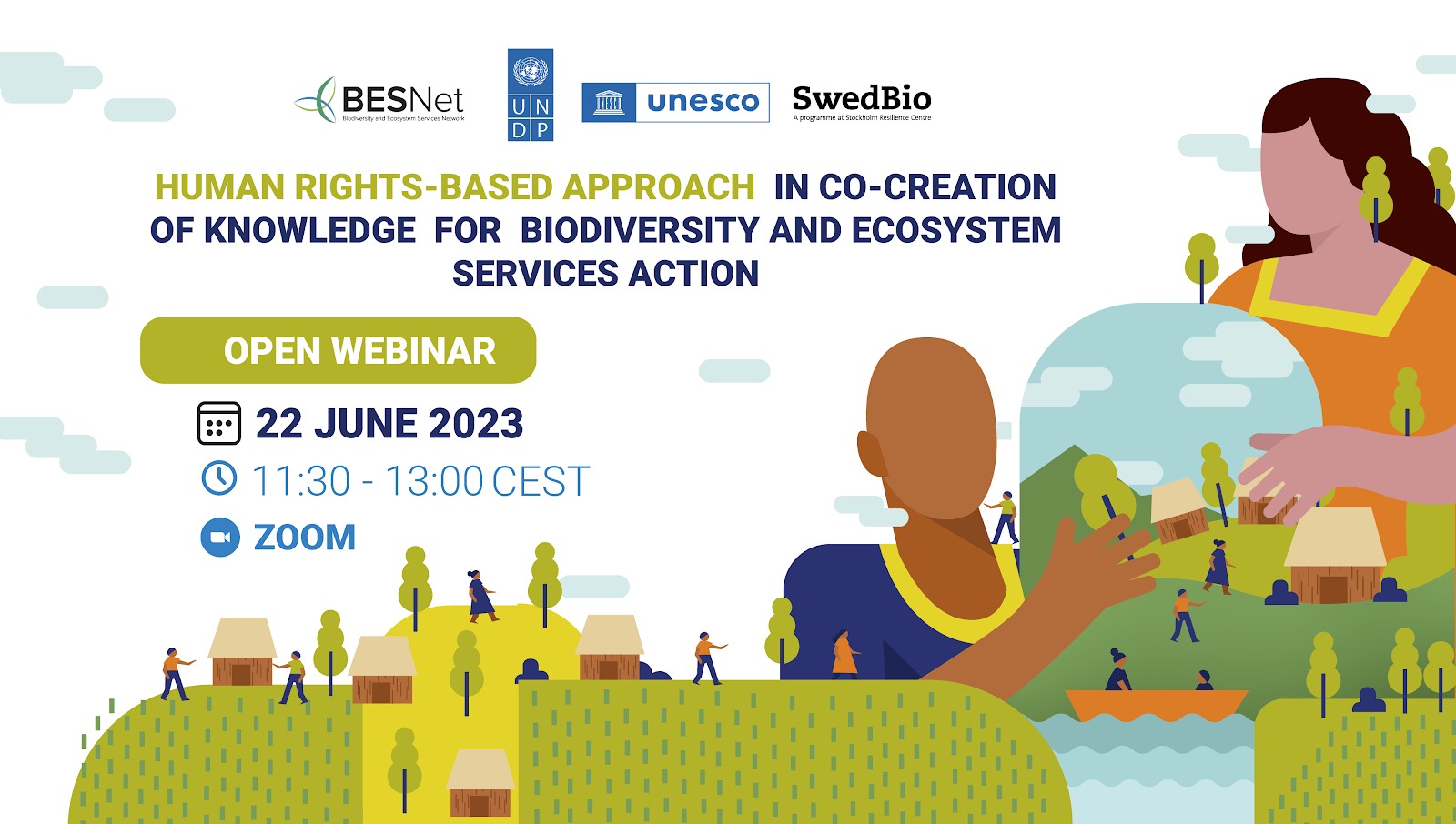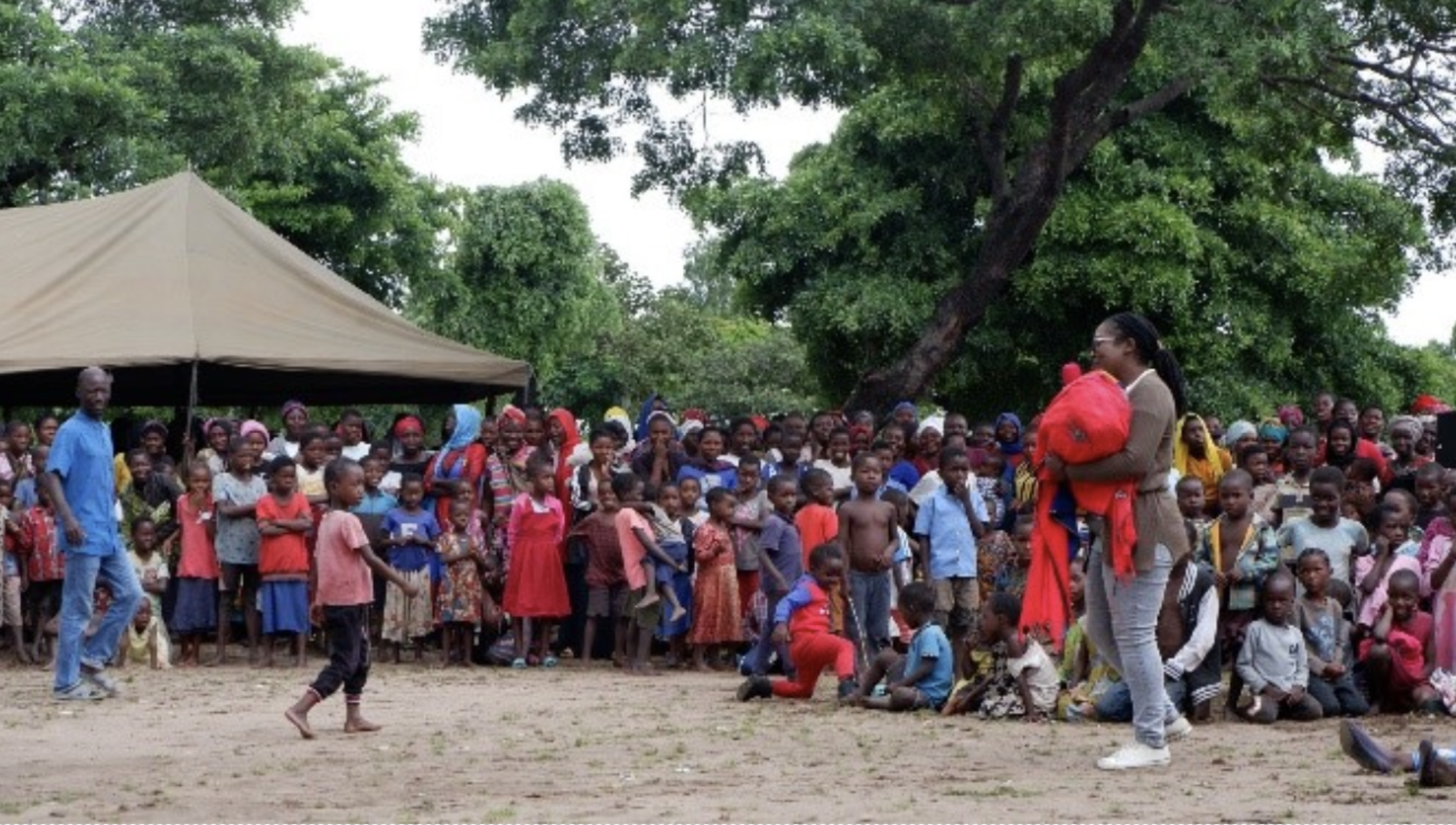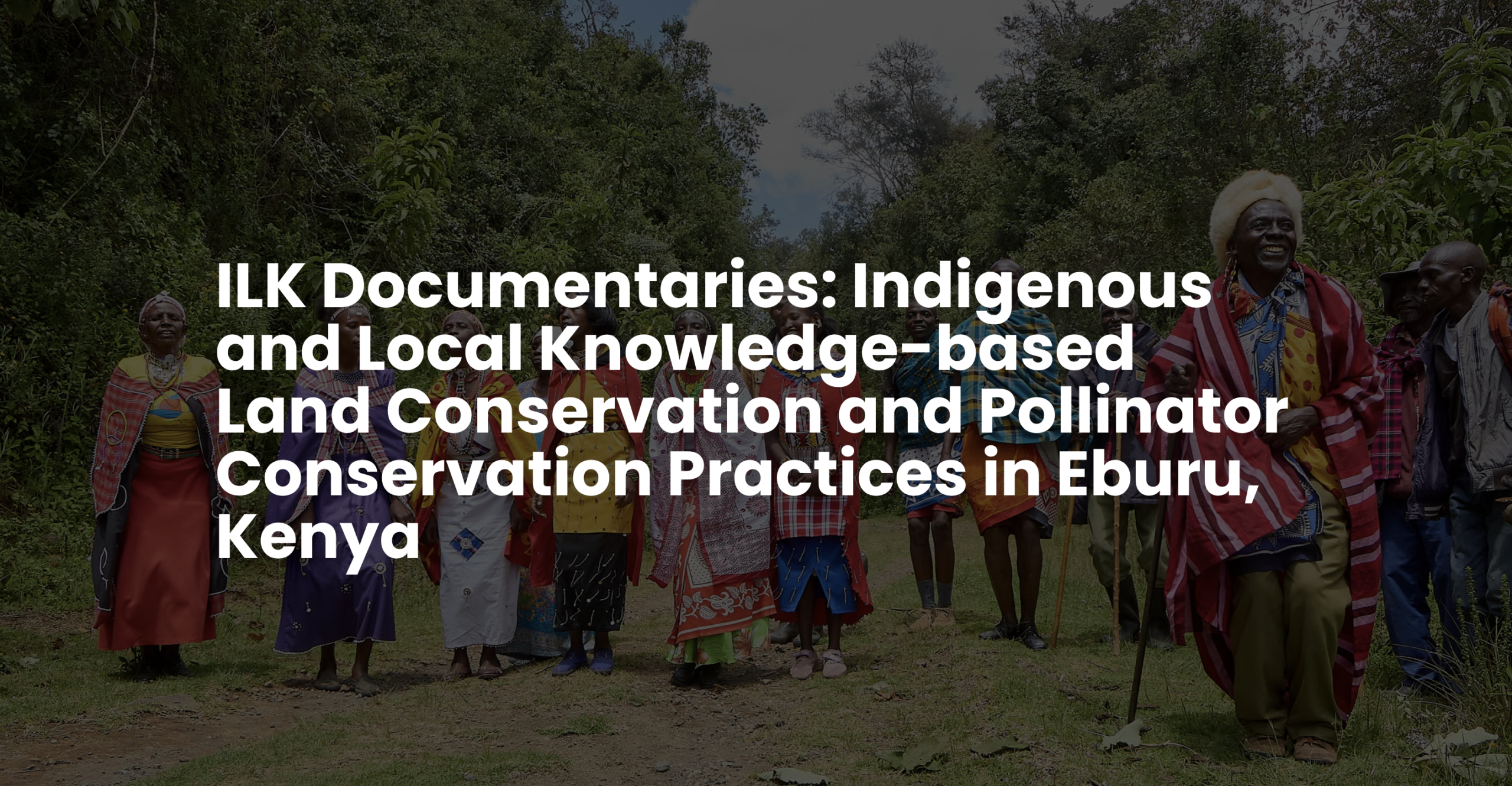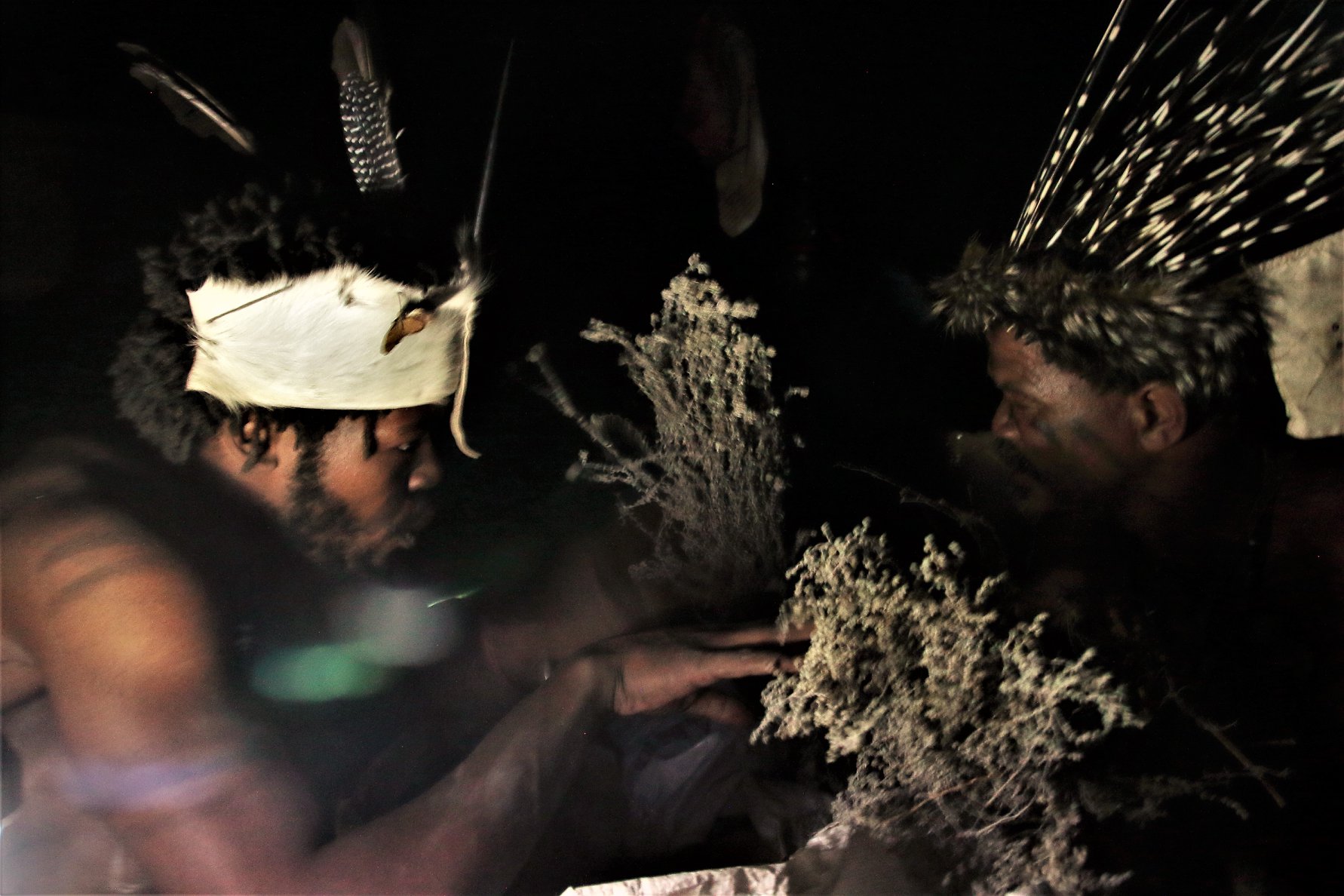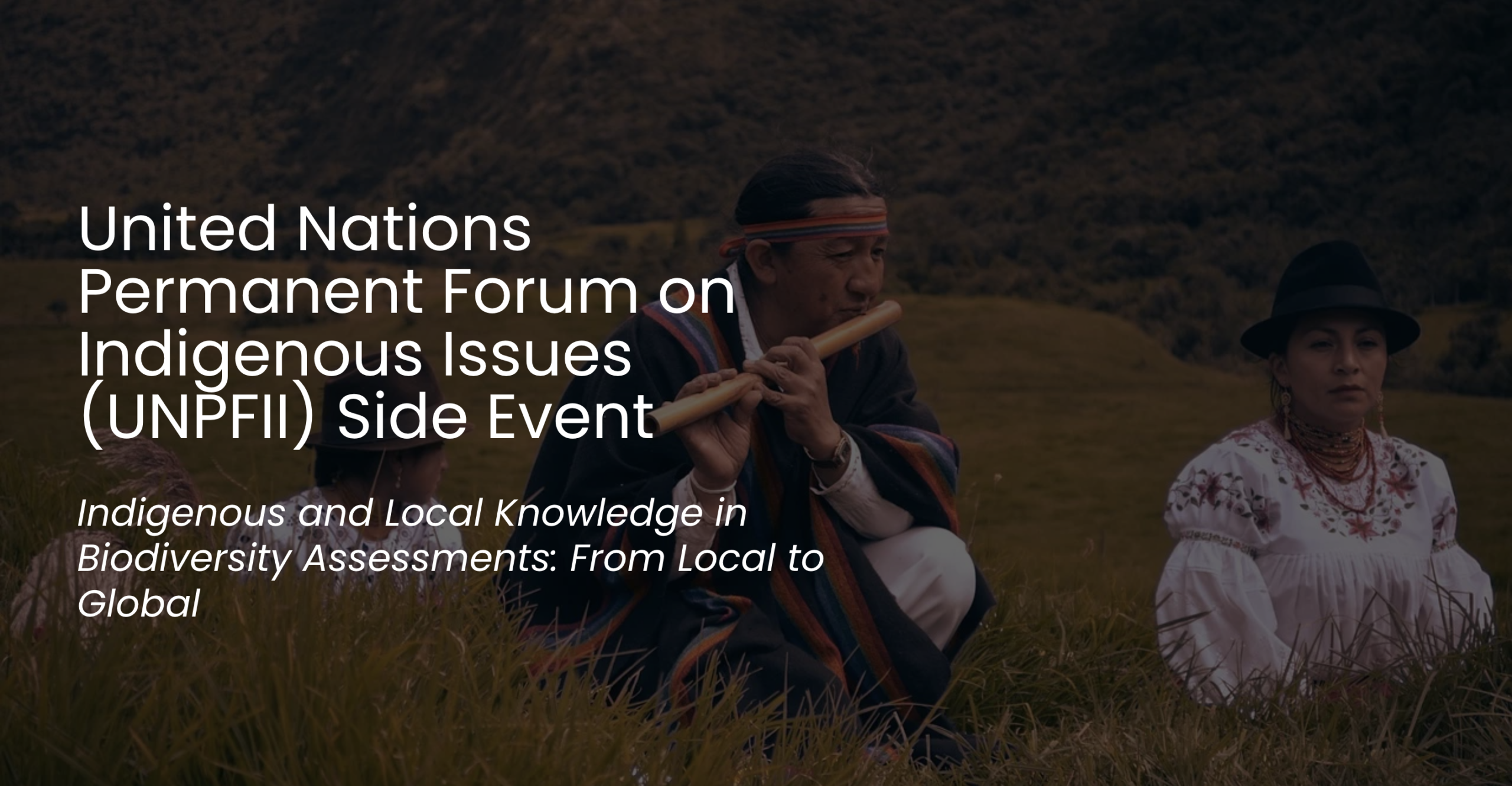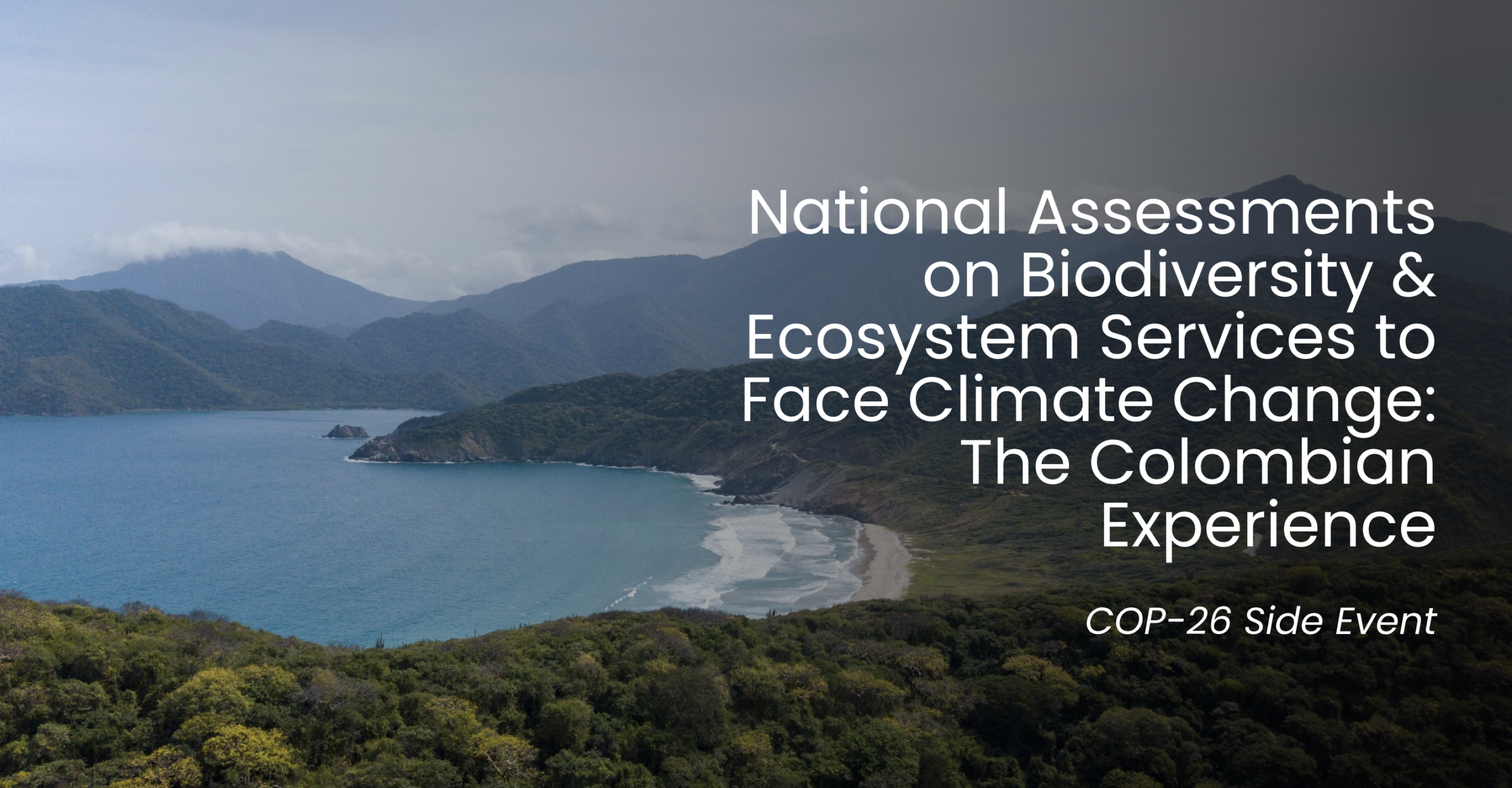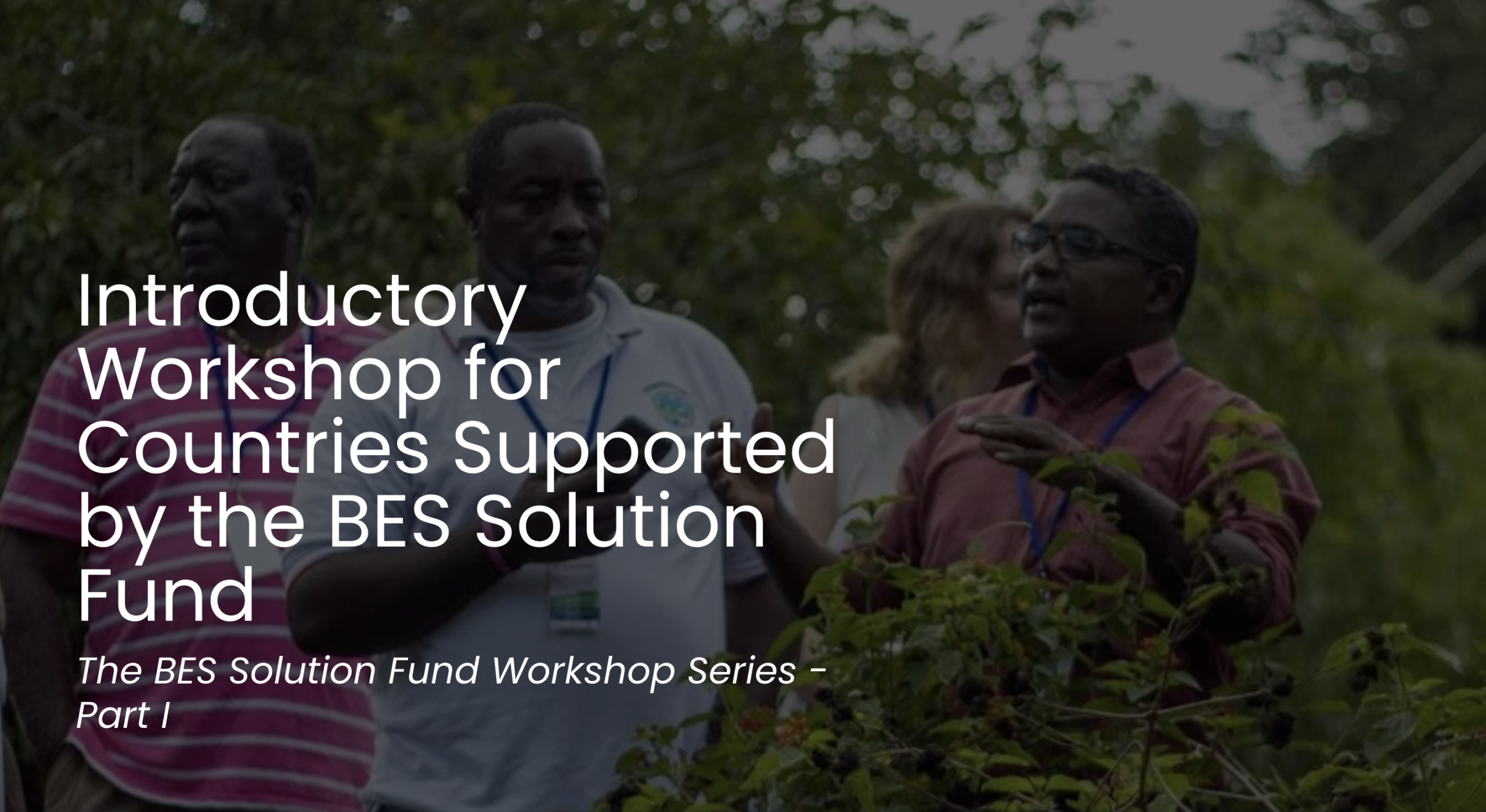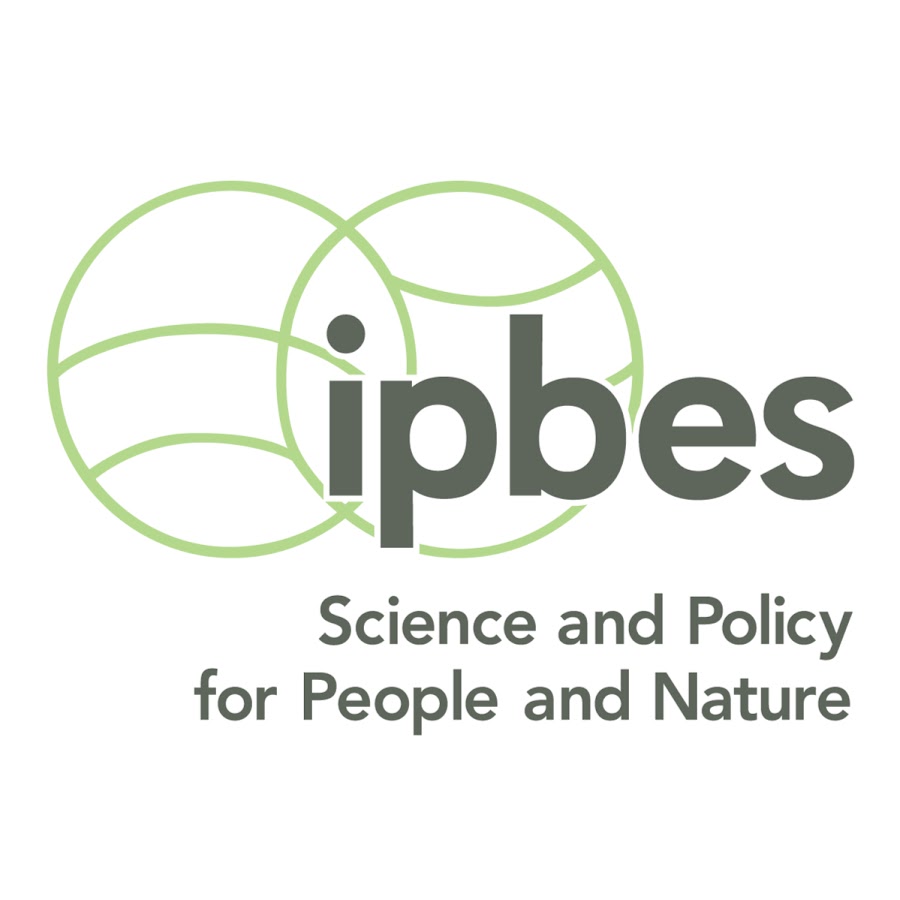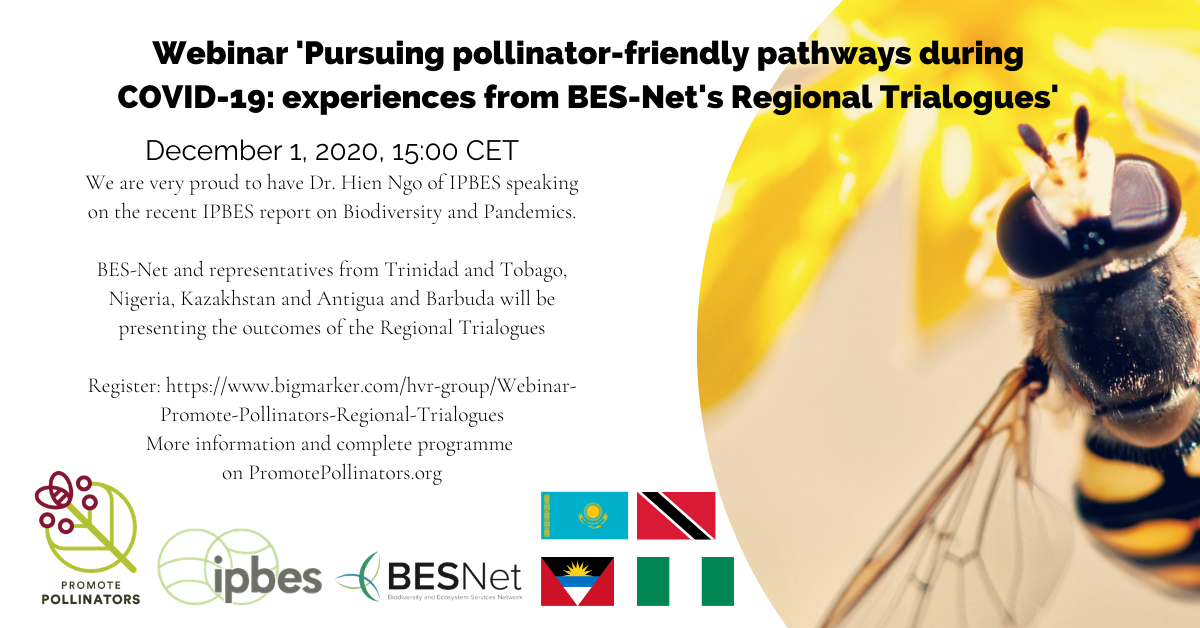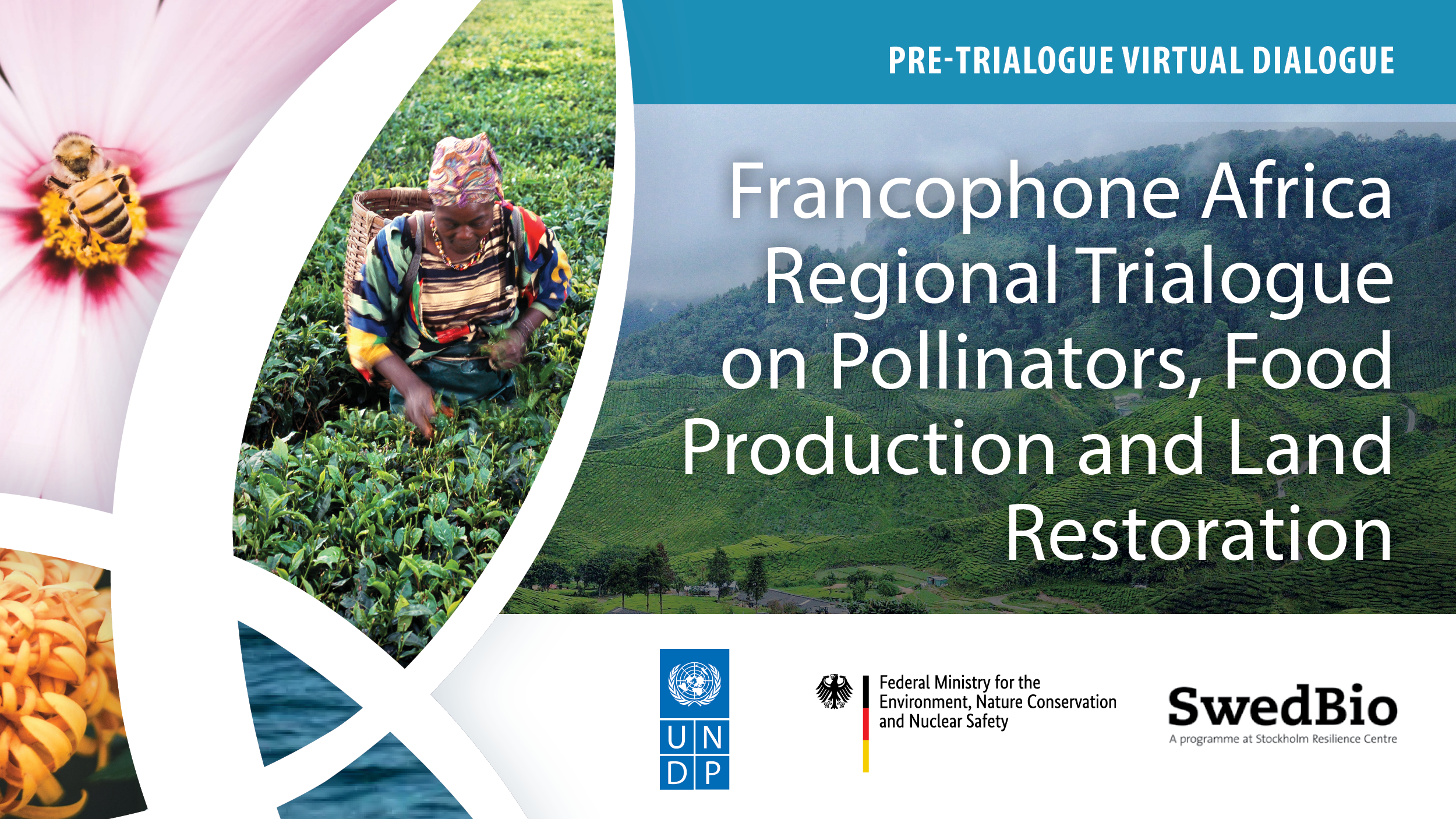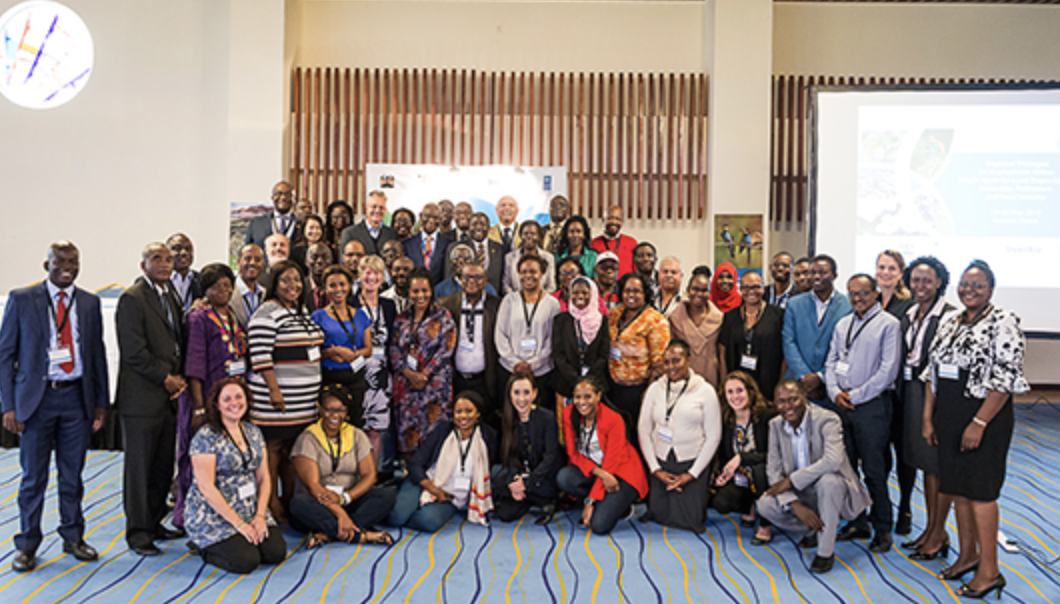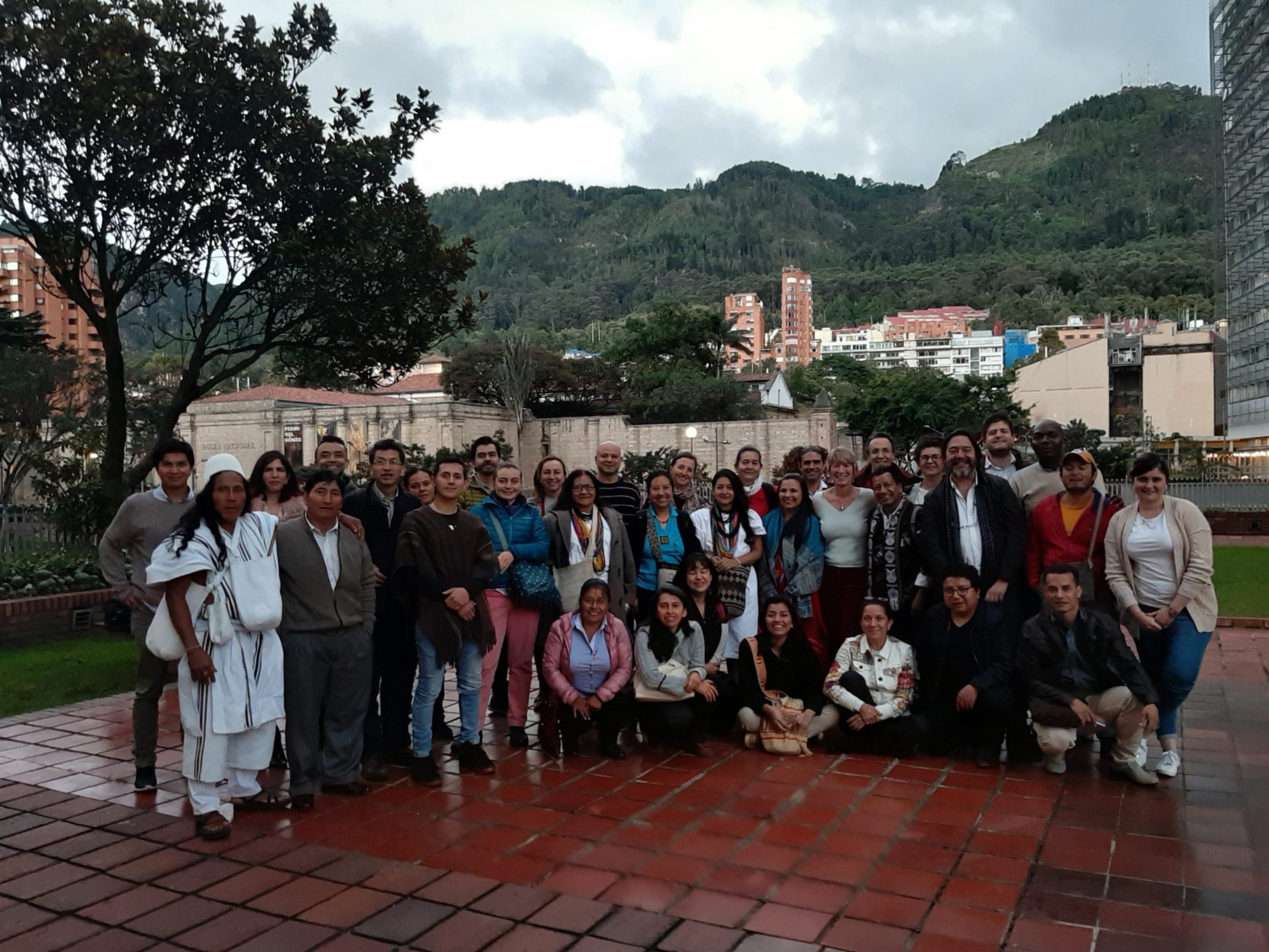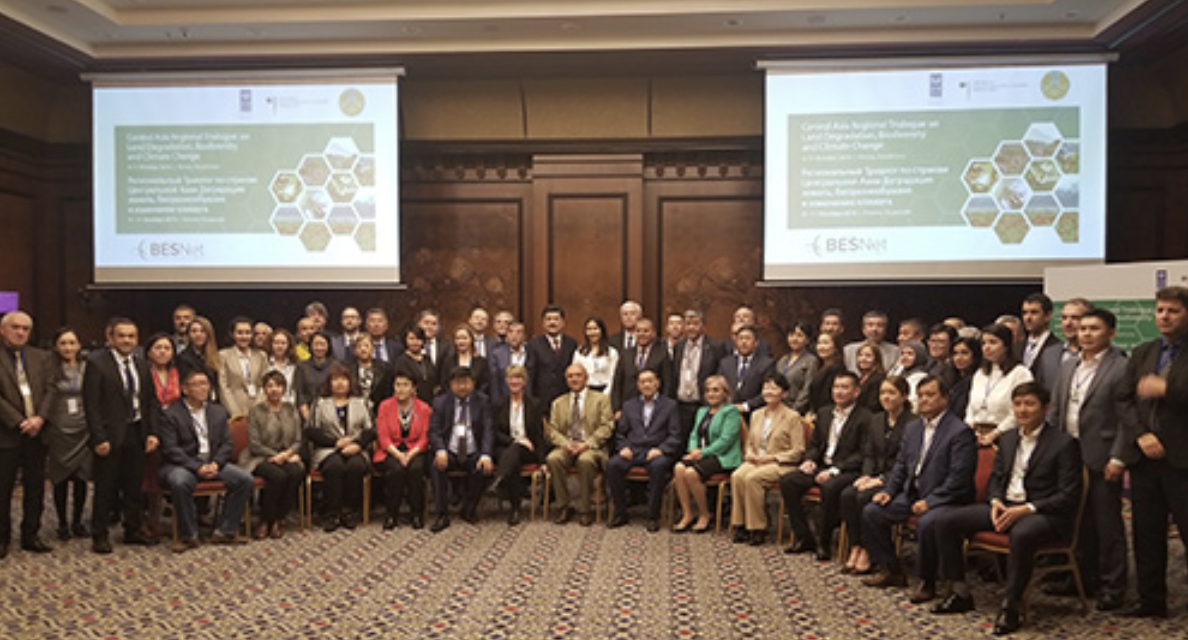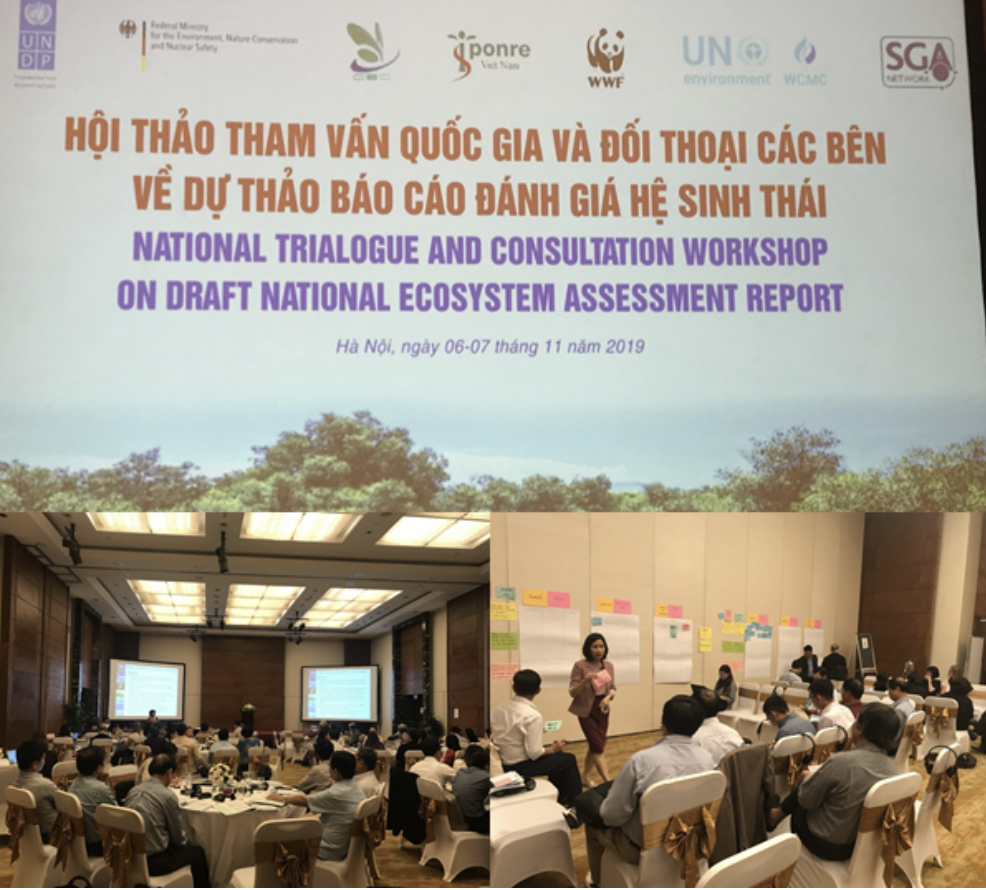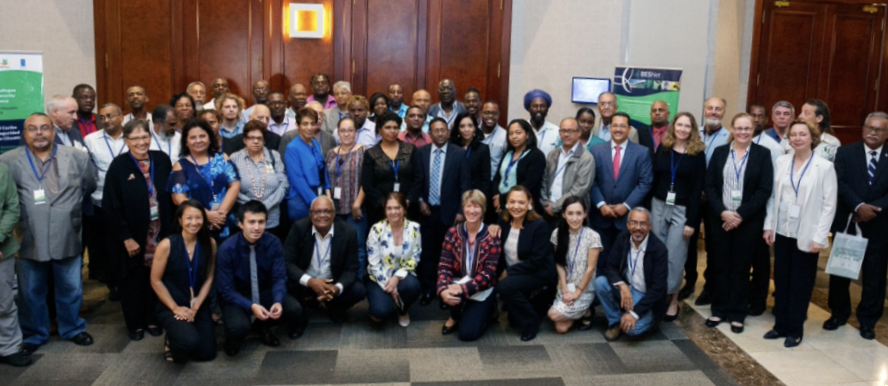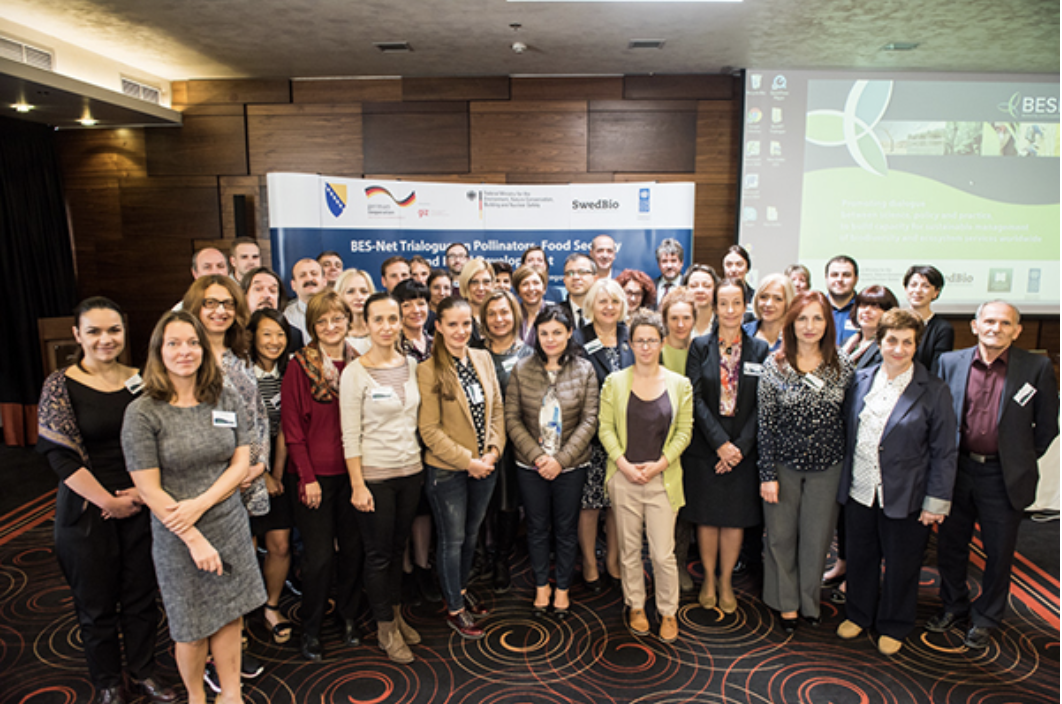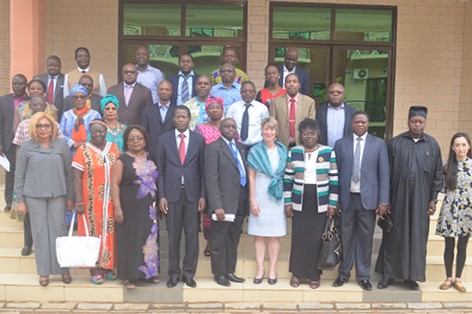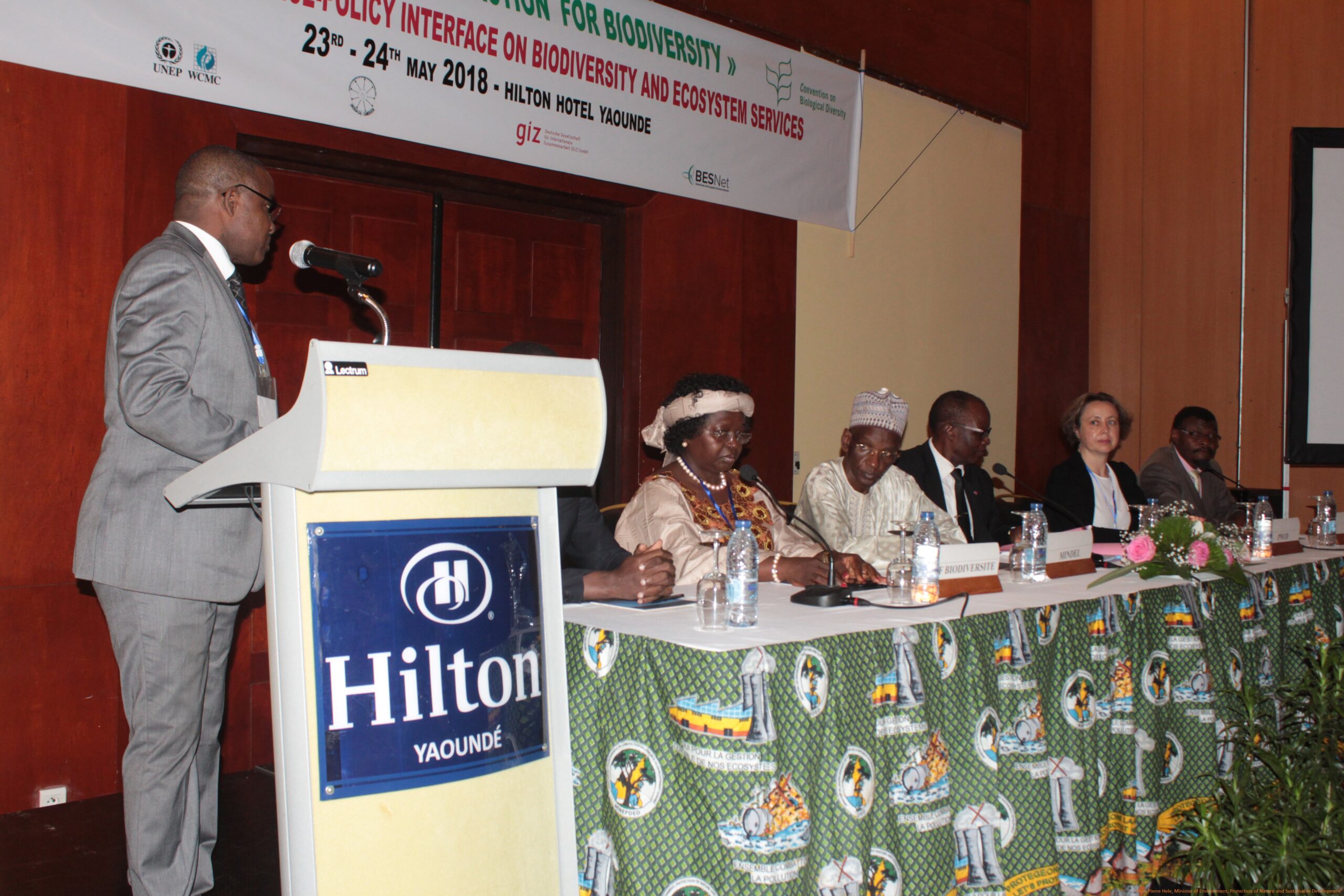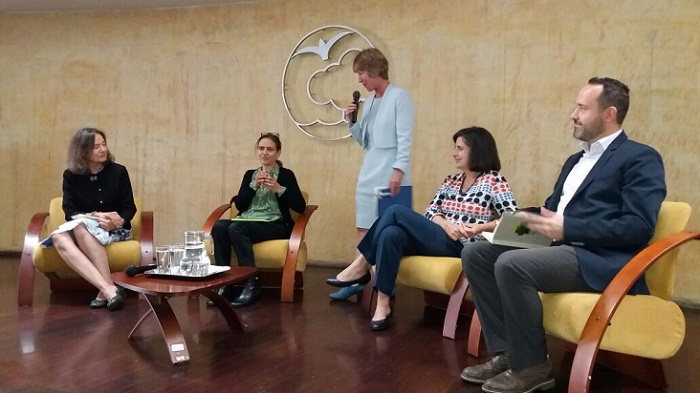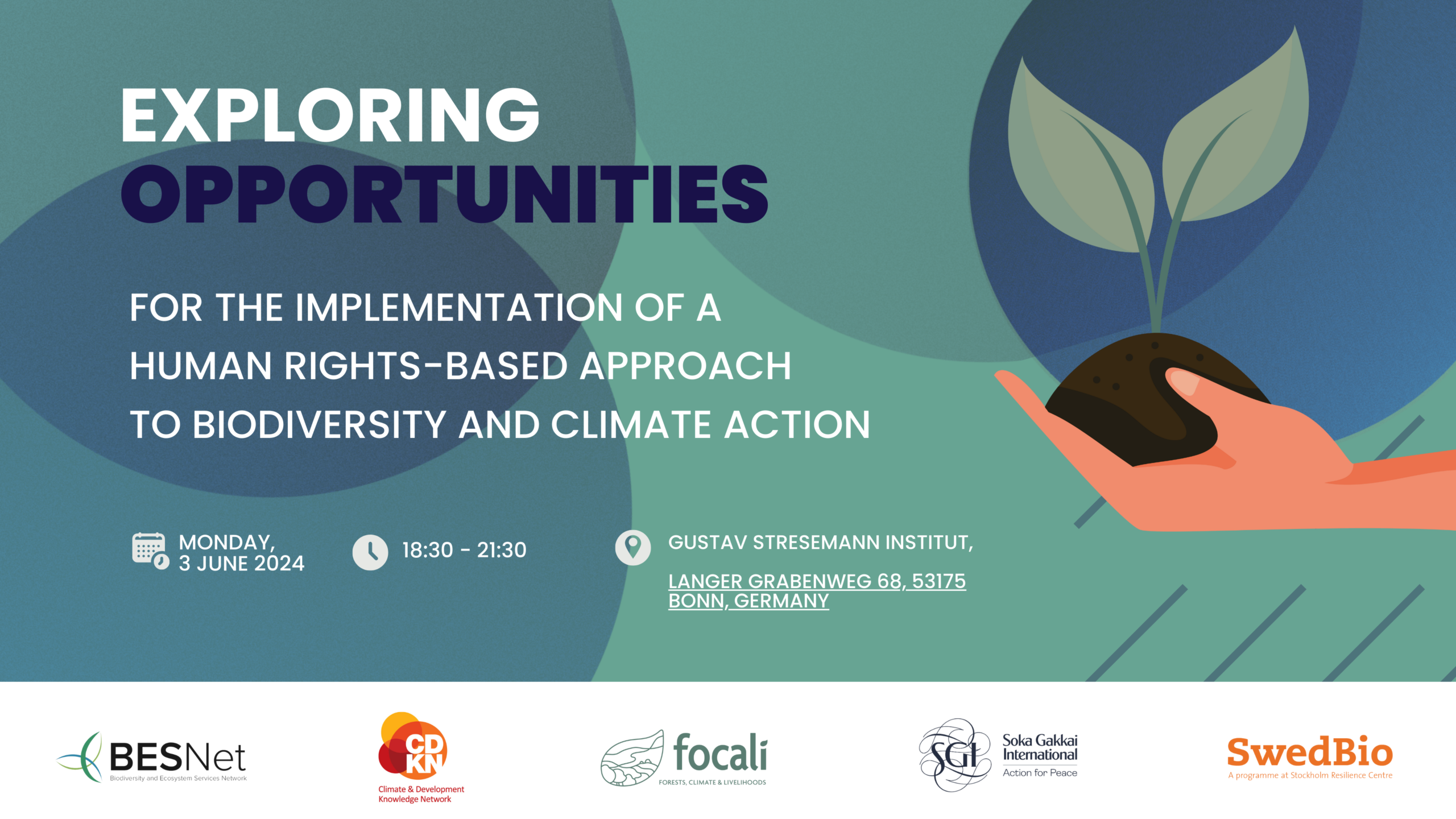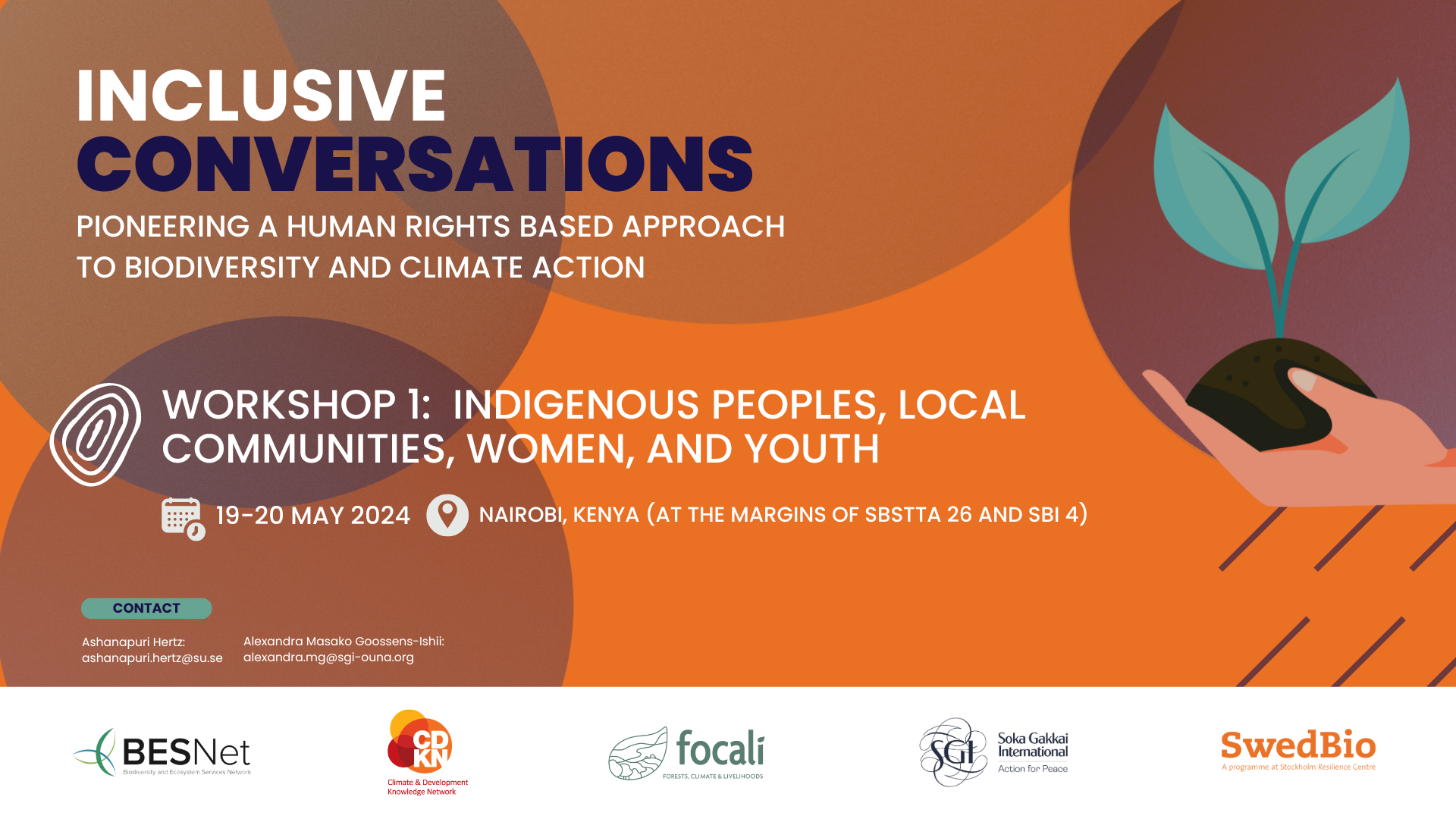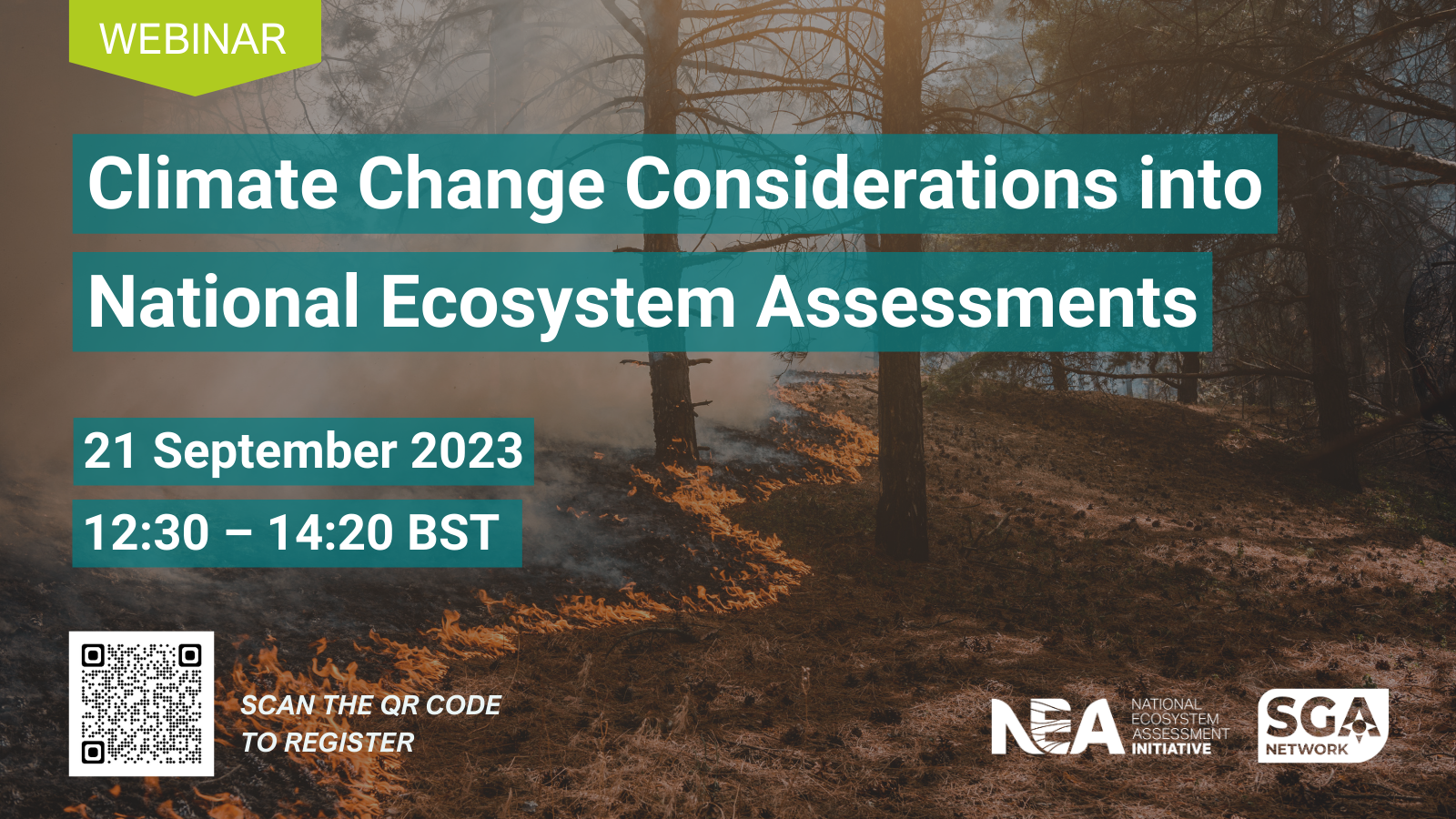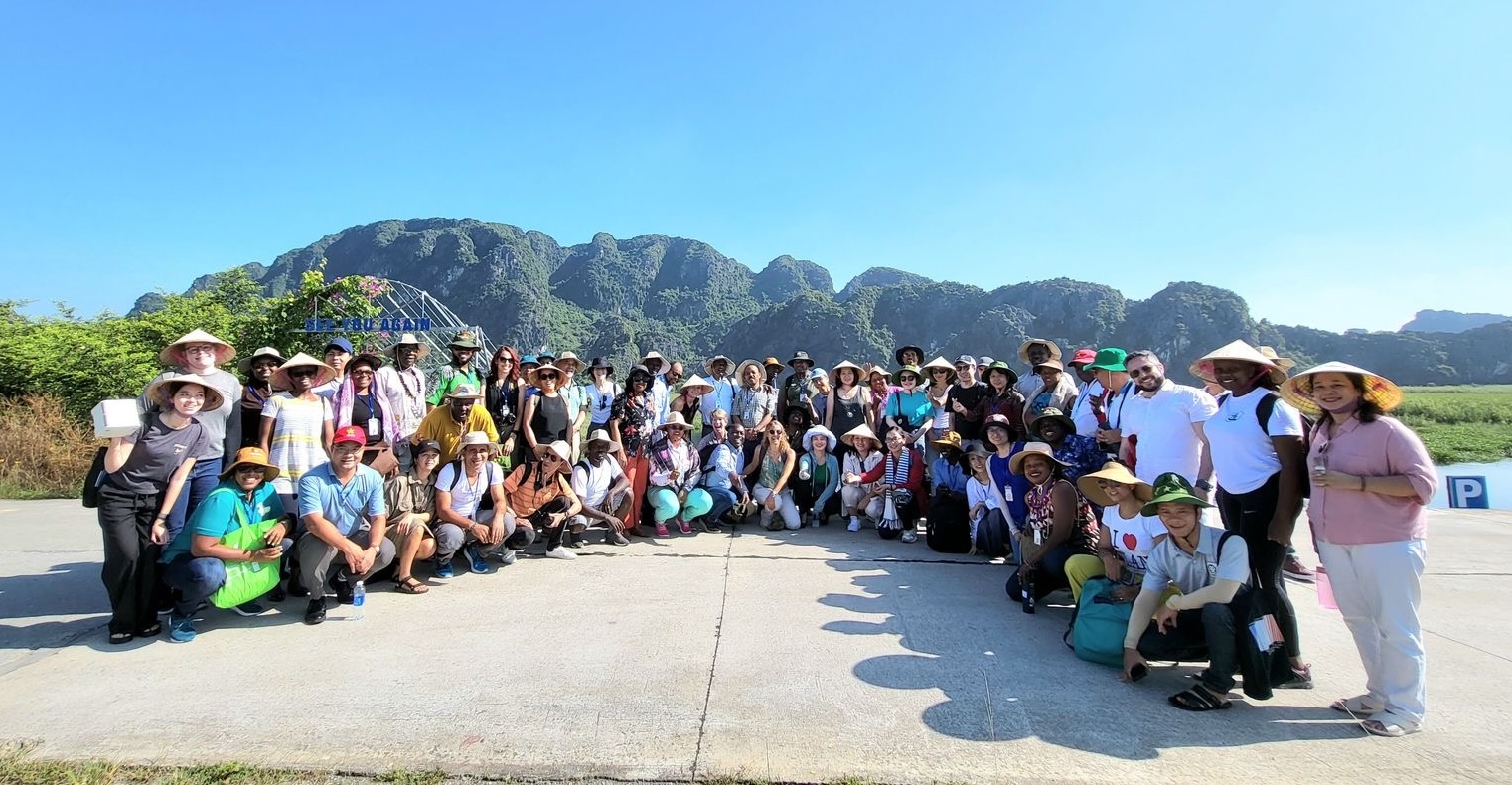Thailand Mini Trialogue Capacity-building Workshop
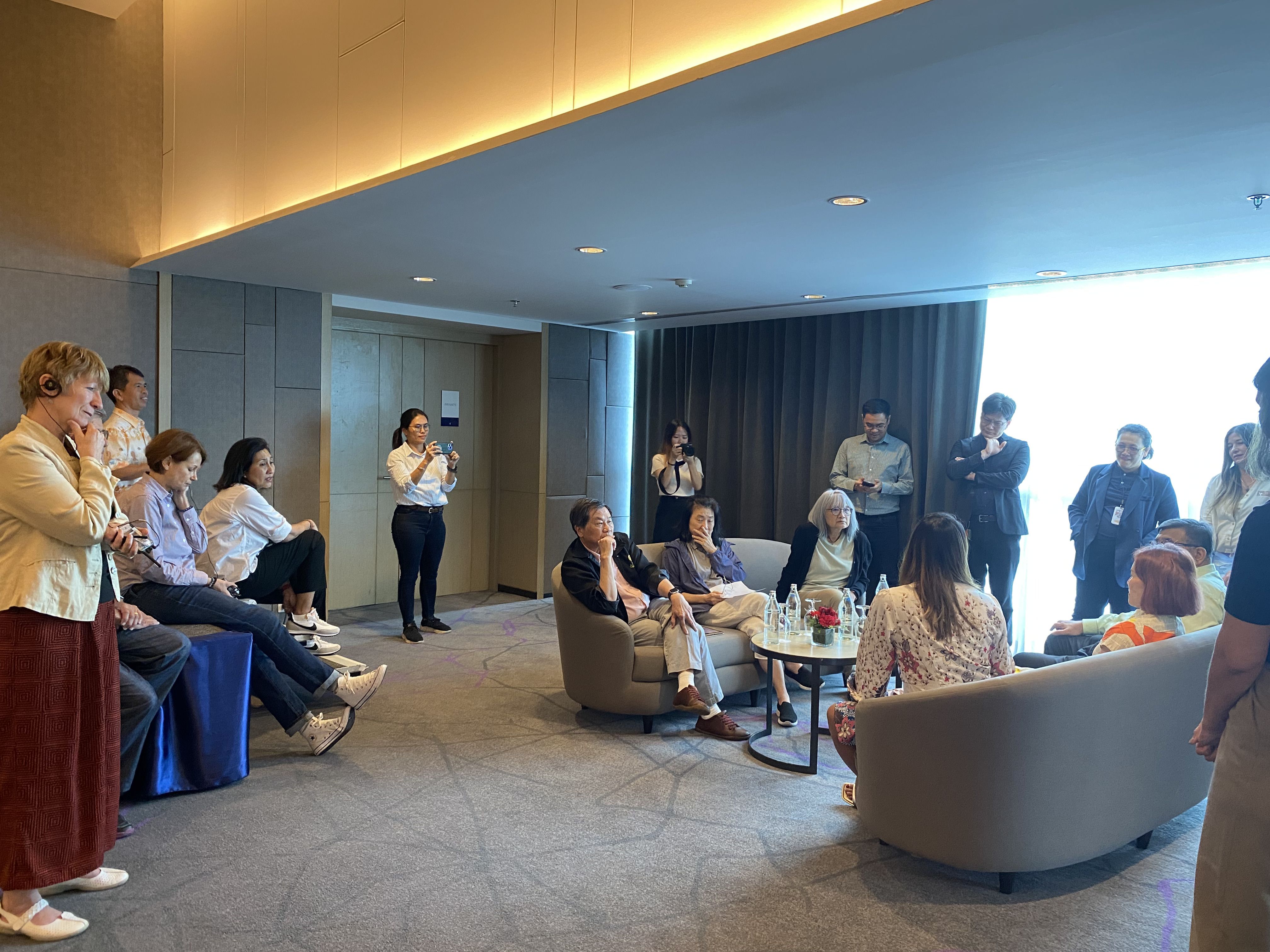
In an extraordinary three-day capacity-building workshop held from 17 to 19 January 2024 in Phuket, Thailand, the Trialogue approach was brought to life.
Facilitated by the Biodiversity and Ecosystem Services Network (BES-Net) team from UNDP, along with support from UNEP-WCMC and UNESCO, this workshop marked a significant step forward in Thailand's national ecosystem assessment process.
Image captions
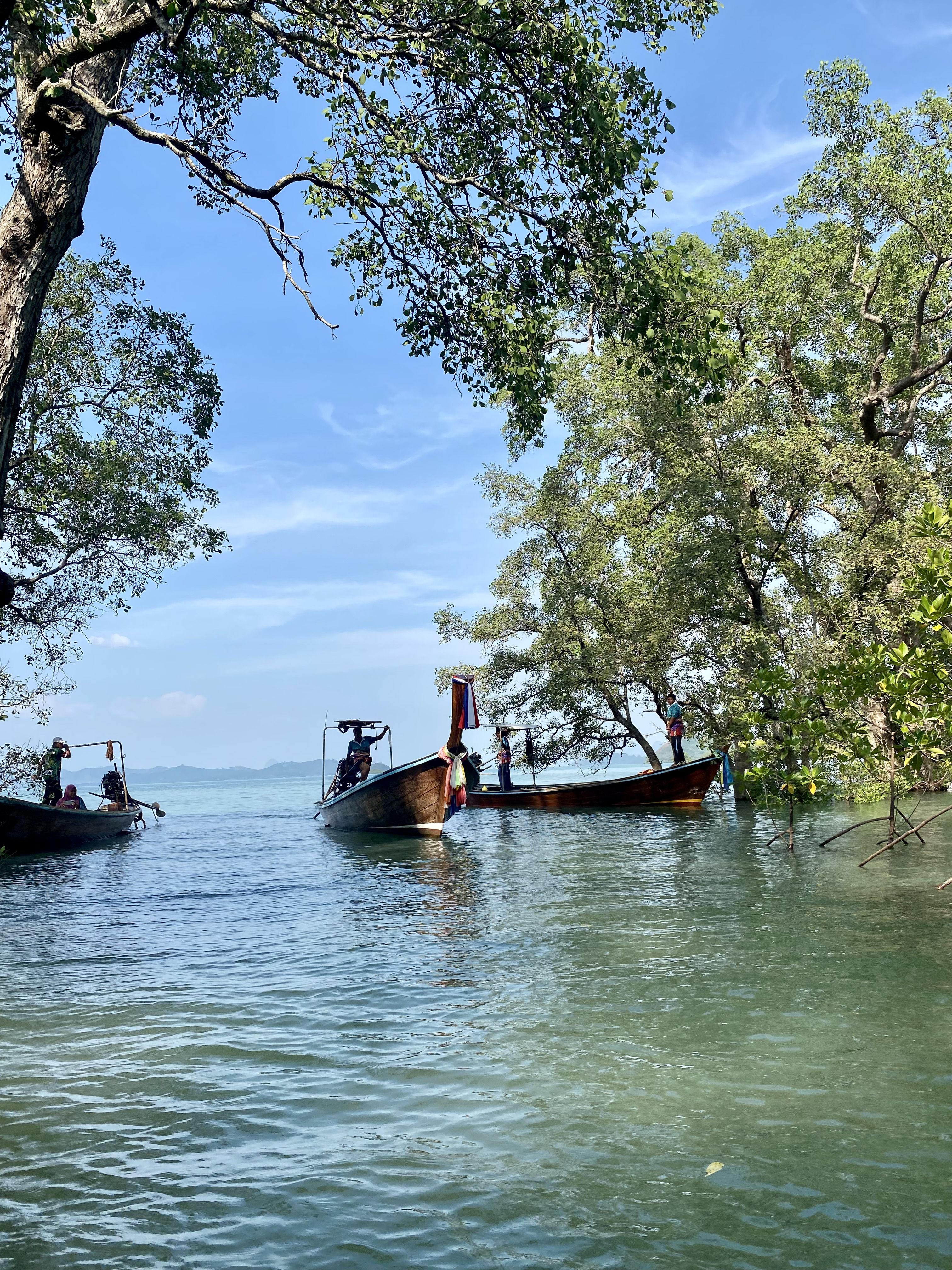
A Collaborative Approach in Phuket
Phuket was more than just a location; it was a microcosm of the national ecosystem landscape, providing invaluable insights and learning opportunities. The region's unique ecological and societal challenges mirrored the broader national context, making it an ideal setting for this initiative.
A Collaborative Approach in Phuket
Phuket was more than just a location; it was a microcosm of the national ecosystem landscape, providing invaluable insights and learning opportunities. The region's unique ecological and societal challenges mirrored the broader national context, making it an ideal setting for this initiative.
Why apply Trialogues in the national ecosystem assessment?
Effective decision-making for the sustainable use of biodiversity and ecosystem services requires cooperation between different stakeholders with complex power and interest dynamics. To achieve this, there would ideally be improved knowledge, information and data-sharing from multiple directions, including bottom-up and top-down systems.
Harnessing innovative facilitation techniques, the Trialogue creates a space for knowledge holders and stakeholders with a diverse set of expertise and experience – and who do not commonly communicate or collaborate – to join forces in addressing biodiversity and ecosystem services issues. The Trialogue enables knowledge-sharing, conflict management and joint decision-making. It is a gender-responsive and inclusive approach, fostering a constructive dialogue between, within and among stakeholder groups.
Why apply Trialogues in the national ecosystem assessment?
Effective decision-making for the sustainable use of biodiversity and ecosystem services requires cooperation between different stakeholders with complex power and interest dynamics. To achieve this, there would ideally be improved knowledge, information and data-sharing from multiple directions, including bottom-up and top-down systems.
Harnessing innovative facilitation techniques, the Trialogue creates a space for knowledge holders and stakeholders with a diverse set of expertise and experience – and who do not commonly communicate or collaborate – to join forces in addressing biodiversity and ecosystem services issues. The Trialogue enables knowledge-sharing, conflict management and joint decision-making. It is a gender-responsive and inclusive approach, fostering a constructive dialogue between, within and among stakeholder groups.
Key Outcomes and Way Forward
Practical Application of Trialogue Techniques: Through engaging dialogue sessions with government ministries, community groups and the private sector, the participants practiced innovative facilitation skills. These sessions highlighted the complexity of biodiversity and ecosystem management in Thailand and underscored the importance of collaborative decision-making.
Building Capacity for Future Trialogues: The workshop trained local facilitators and the asswssment team in guiding multistakeholder engagement, crucial for the planning and execution of future Trialogues.
Knowledge Sharing and Lessons Learned: Insights from field visits enriched participants' understanding of practical biodiversity and ecosystem management, forming a solid foundation for translating assessment findings into sustainable policies and practices.
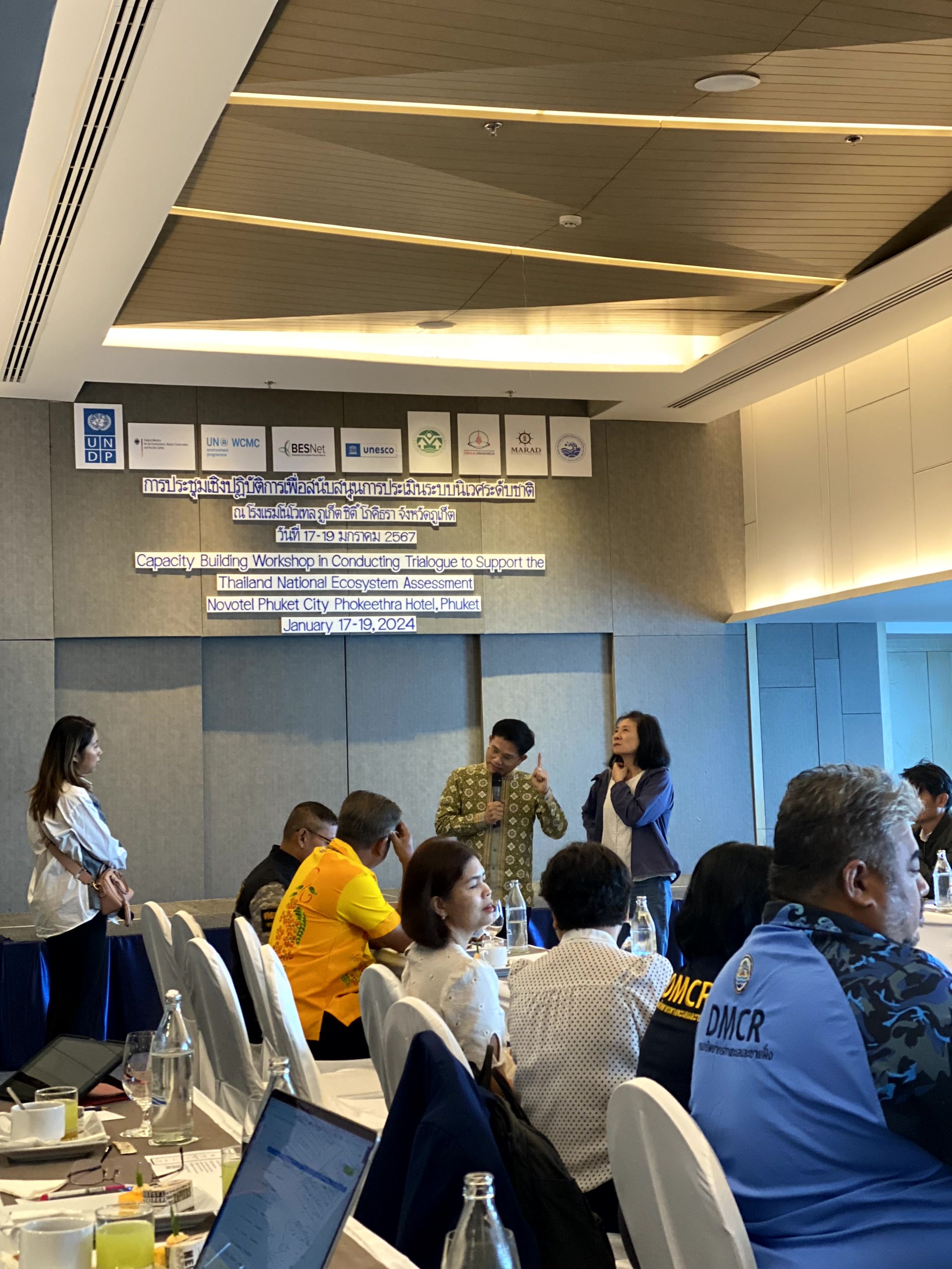
Our gratitude extends to all the participants and the assessment core team, including government officials, community members and private sector leaders. Their collaborative spirit and valuable insights have significantly contributed to advancing Thailand's ecosystem assessment and sustainable development.







